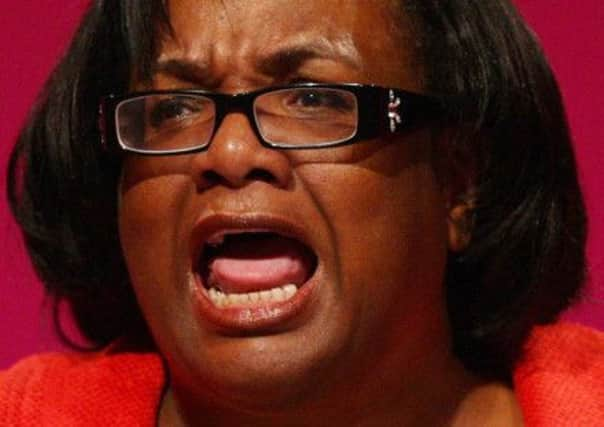Hospitals weighed down by obesity epidemic


Nearly 267,000 admissions to hospitals in England in 2011-12 were for conditions linked in some way to obesity, compared to 212,000 in the previous 12 months, up 26 per cent.
But in Yorkshire, 31,000 patients were treated for conditions linked to obesity over the period – up 30 per cent.
Advertisement
Hide AdAdvertisement
Hide AdAccording to figures published by the Health and Social Care Information Centre, hospital staff in Doncaster treated more patients with conditions linked to obesity than any other hospital in England, with five times the average number needing care.
Figures show there were 1,100 hospital admissions in the region for treatment primarily due to obesity, close to the national average, although levels in Wakefield and Barnsley were nearly double the English rate.
Nationally, 11,740 were treated for the problem – triple the number five years previously – with women three times more likely to be admitted than men.
A total of 826 operations including stomach stapling and gastric bypass surgery were carried out in the region over the period, slightly down on the year before. Women accounted for three quarters of those undergoing surgery.
Advertisement
Hide AdAdvertisement
Hide AdNationally, 8,794 people underwent a surgical procedure to help them lose weight, a nine per cent rise over the previous year, but over four times the number of operations carried out five years previously.
Measurements showed one in 10 children were classed as obese when they started school, rising to a fifth of youngsters aged 10 and 11.
Some 65 per cent of men and 58 per cent of women are overweight or obese. In 1993, 13 per cent of men and 16 per cent of women were obese but by 2011, 24 per cent and 26 per cent respectively tipped the scales as obese.
Half the women in 1993 were a normal weights but this had fallen to 39 per cent by 2011. For men, the proportion dropped from 41 per cent to 31 per cent during that period.
Advertisement
Hide AdAdvertisement
Hide AdGraham Rowan, chairman of the Obesity Management Association, said the figures came as no surprise.
“The obesity epidemic is getting worse by the day and steadily spiralling out of control,” he said.
Labour’s Shadow Public Health Minister Diane Abbott said Ministers were receiving “warning after warning” they faced a serious crisis but claimed their strategy was not working.
“These figures show British children and families paying the cost of this Government’s total lack of leadership on this growing crisis, which is storing up huge problems and costs for our NHS, and for the country,” she added.
Advertisement
Hide AdAdvertisement
Hide AdAmy Thompson, senior cardiac nurse at the British Heart Foundation, said: “These figures hold a mirror to the state of the country’s health – and it is not a flattering reflection.
“The number of people who are overweight or obese is steadily climbing and unhealthy lifestyle choices are helping us along this path.
“We know that obese children are more likely to become obese adults, but education is the way to break this cycle. By teaching children about healthy eating and inspiring them to be active at a young age, we can help these kids towards a healthier future.”